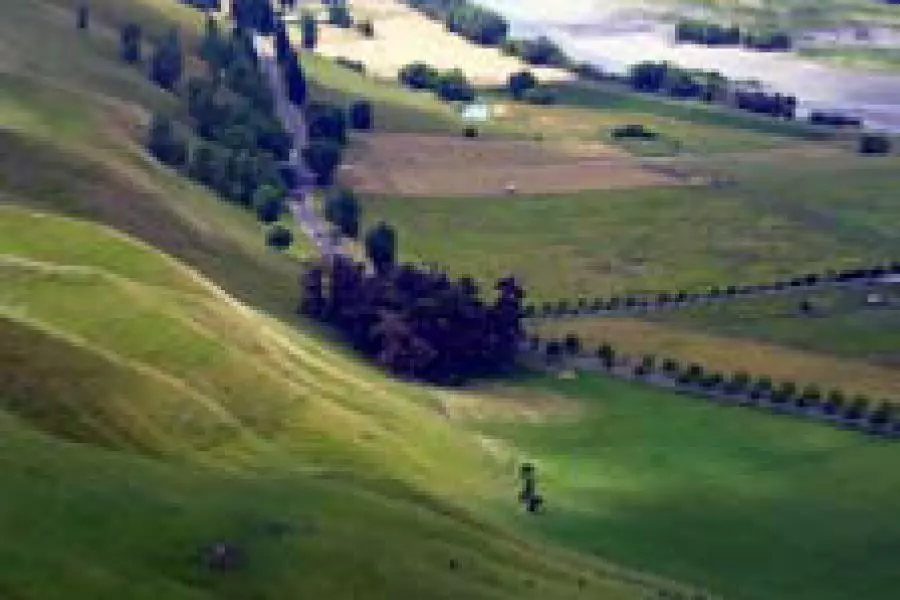News
Regional NZ picks up

Monday 16th of February 2015
Trade Me Property data shows sellers are becoming more cautious in their expectations.
The site has released its analysis of new listings in the three months to the end of January.
Asking prices slipped by 1.1% between December and January, following a fall of 1% a month earlier.
The average asking price across all property types for the three months to January was $498,...
Want to read the full article?
Click the button below to subscribe and will have unlimited access to full article and all other articles on the site.
2 min read






![[The Wrap] Bye Bye Bayly](https://goodreturns.publit.io/file/c_fill,w_900,h_600/39f23ac1-f7c7-4854-b700-a150004ebbac.webp)


